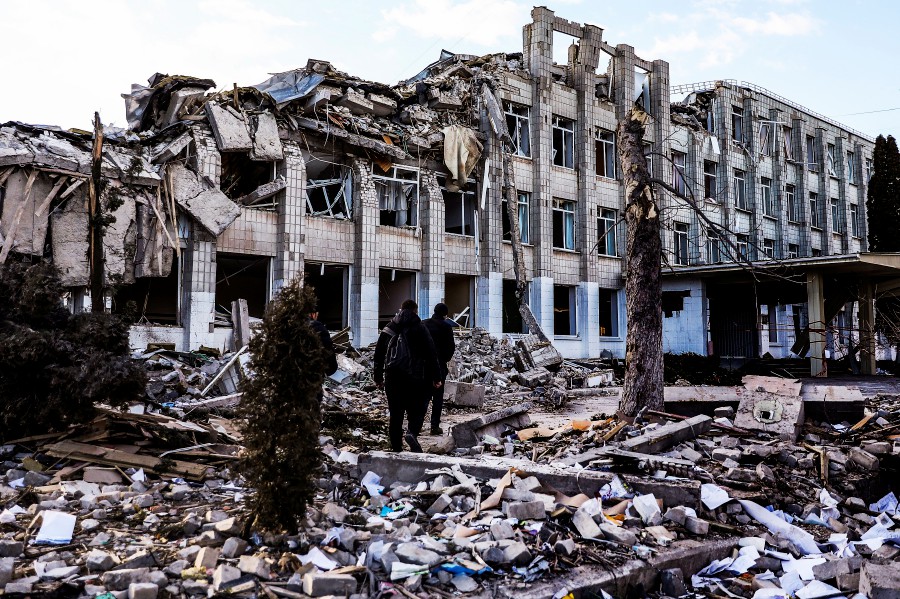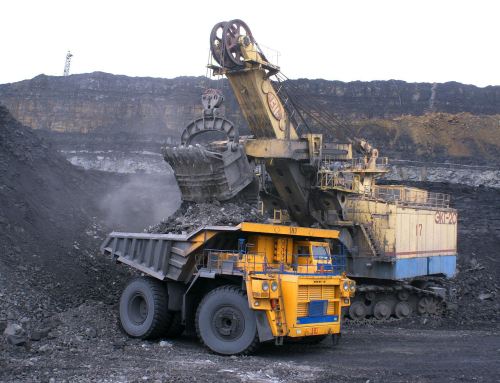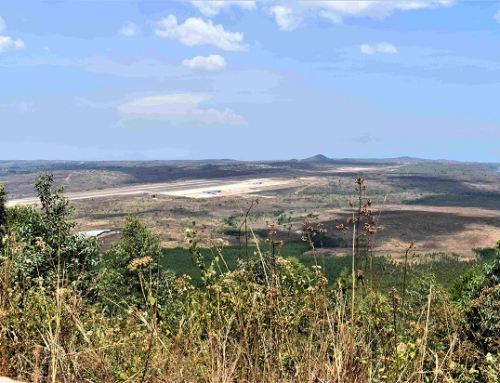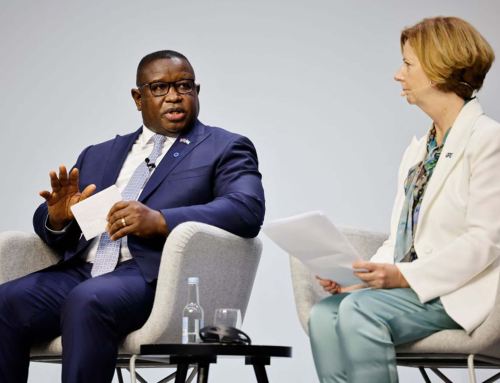Black lives matter, but white lives matter more?
Share This Story, Choose Your Platform!
About the Author: Christopher Burke
Christopher has 30 years’ experience working with media and managing communications, advocacy and advisory in Africa and East Asia. He has a deep understanding of marketing, brand positioning and strategic communication and has worked with a diverse range of companies, governments and multilateral institutions in public affairs and policy development.





